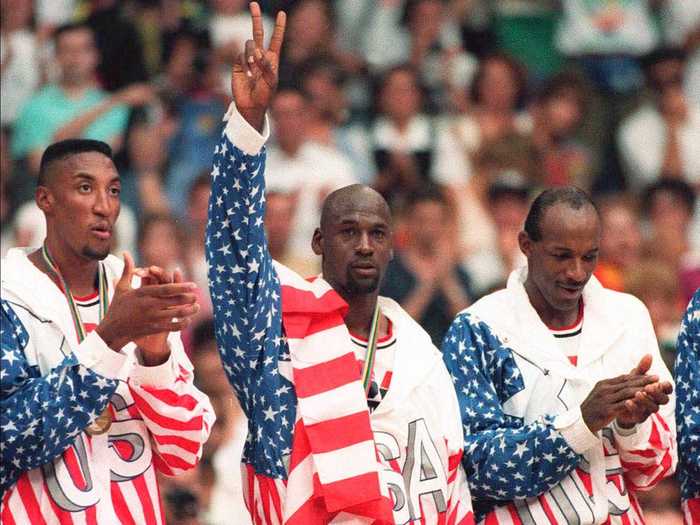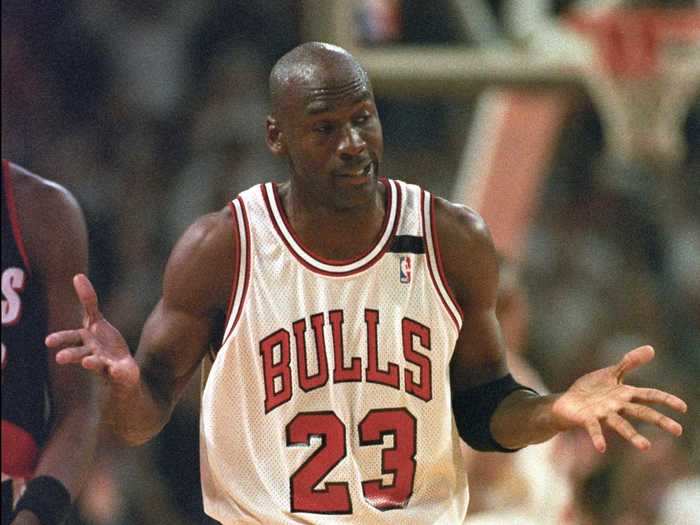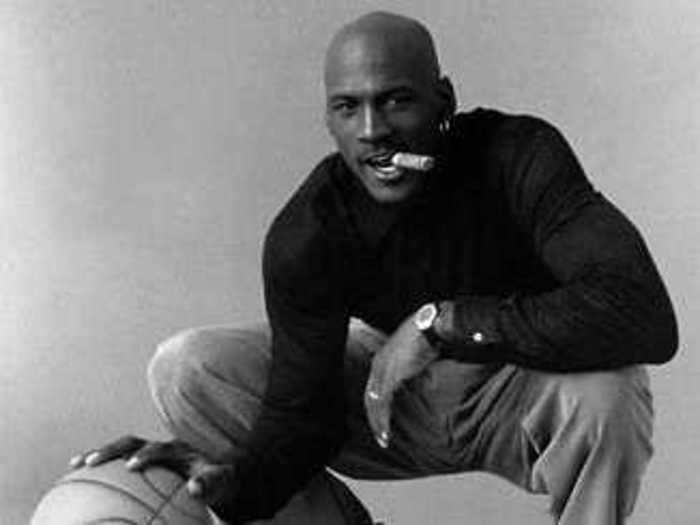ESPN's 'The Last Dance' really just proves that Michael Jordan is the GOAT of image management
Nick Lichtenberg
- After spending much of the years since his 2003 retirement out of the public eye, Michael Jordan has returned with a vengeance in the ESPN documentary "The Last Dance."
- The series can feel like a Jordan greatest-hits album, which can leave it feeling more like an exercise in brand management than examination of sports history.
- Incidents involving former teammates such as Steve Kerr and opponents such as Gary Payton are covered, but always in the context of Jordan as the ultimate winner.
- Visit Business Insider's homepage for more stories.
In a televised-sports climate ravaged by the coronavirus pandemic, one series unmistakably stands out as the champion: ESPN's "The Last Dance," a massive 10-part documentary about Michael Jordan's reign of NBA championships with the Chicago Bulls, especially his last one.
The extent to which the series has dominated the sports conversation represents a triumph of marketing for its main character, who left the sport widely acknowledged as its greatest-ever player. For instance, during a time with essentially no other sports programming available, the series' opening episodes smashed the record for highest-rated ESPN documentary ever, at 6.1 million viewers, compared to a previous high of 3.6 million for a 2012 program. It held strong in subsequent episodes.
It's a surprising turnabout as Jordan has largely avoided the spotlight since he last played in 2003, even despite becoming the first former player to own a team and the first to claim a personal fortune of at least $1 billion.
To much of the under-30 millennial generation and the younger basketball fans in Gen Z, Michael Jordan is best known as a meme, or as the namesake of a Nike brand. (That meme was so synonymous with Jordan that in a rare pre-"Last Dance" public appearance, giving remarks at Kobe Bryant's funeral, he joked through tears that he was providing a brand-new meme opportunity.)
"The Last Dance" is changing all that, running like a greatest-hits album of Jordan's undefeated run of six championships in the 1990s. Not only is it a marker thrown down in the "GOAT debate," but it's an excellent exercise in Jordan mythology management.
And that may be the problem.
Read the original article on Business InsiderREAD MORE ARTICLES ON
Popular Right Now
Popular Keywords
Advertisement



